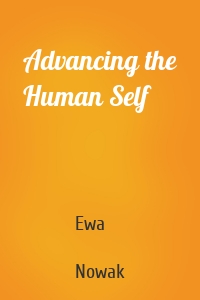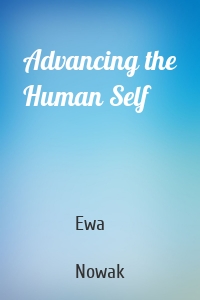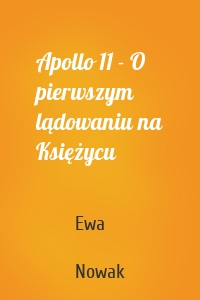Ewa Nowak
20 кн.
Advancing the Human Self
Do technologies advance our self-identities, as they do our bodies, cognitive skills, and the next developmental stage called postpersonal? Did we already manage to be fully human, before becoming posthuman? Are we doomed to disintegration and episodic selfhood? This book examines the impact of radical technopoiesis on our selves from a multidisciplinary perspective, including the health humanities, phenomenology, the life sciences and humanoid AI (artificial intelligence) ethics. Surprisingly,...
| Автор | Ewa Nowak |
Advancing the Human Self
Do technologies advance our self-identities, as they do our bodies, cognitive skills, and the next developmental stage called postpersonal? Did we already manage to be fully human, before becoming posthuman? Are we doomed to disintegration and episodic selfhood? This book examines the impact of radical technopoiesis on our selves from a multidisciplinary perspective, including the health humanities, phenomenology, the life sciences and humanoid AI (artificial intelligence) ethics. Surprisingly,...
| Автор | Ewa Nowak |
Edison - O wielkim wynalazcy
Jest rok 1847 i jeszcze nigdzie na świecie nie ma prądu. W tym samym roku na świat przychodzi chłopiec Thomas Alva Edison, który jest bardzo ciekawym dzieckiem. Kiedy zaczyna mówić, zadaje swoim rodzicom mnóstwo pytań. Zresztą nie tylko im. Także swoim nauczycielem, którzy niezbyt przepadali za jego dociekliwością. Thomas wolał uczyć się sam, więc urządził sobie w domu pierwsze laboratorium. Potem zaczął swoją pierwszą w życiu pracę na kolei. A potem stał się najsłynniejszym na świecie...
| Автор | Ewa Nowak |





















